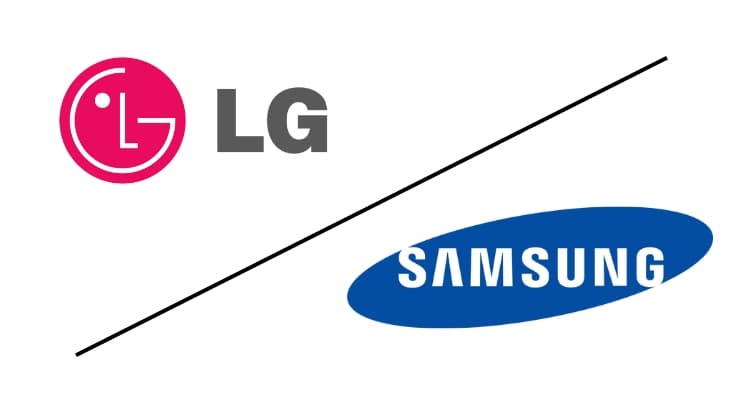
Samsung and LG Take Indian Government to Court Over E-Waste Cost Burden
Tech giants challenge India’s revised e-waste pricing policy, alleging it imposes unfair costs and lacks transparency; lawsuit highlights conflict between global manufacturers and environmental regulations
In a major legal move, South Korean electronics giants Samsung and LG have filed lawsuits against the Indian government, challenging the country's newly revised electronic waste (e-waste) pricing policy. The suits have been filed in the Delhi High Court, where the companies argue that the pricing framework for e-waste management is arbitrary, lacks transparency, and unfairly burdens manufacturers.
The legal challenge, led by two of the largest consumer electronics companies globally, marks a significant standoff over India’s evolving environmental compliance mechanisms and their financial impact on multinational corporations operating in the country.
What Is the E-Waste Pricing Policy?
The Ministry of Environment, Forest and Climate Change (MoEFCC) in India recently introduced changes to its Extended Producer Responsibility (EPR) guidelines under the E-Waste (Management) Rules, 2022. Under this policy, producers such as Samsung and LG are required to finance the collection, recycling, and proper disposal of a specific volume of electronic waste based on their market footprint.
However, both companies argue that the pricing mechanisms, including the cost per tonne for e-waste disposal, are unscientific and inconsistent with international standards. The petition also raises questions about the lack of consultation with key stakeholders before implementing the revised policy.
Key Legal Grounds of the Petition:
-
Violation of Article 14 of the Indian Constitution – Companies claim unequal treatment in the absence of objective standards for pricing.
-
Administrative Arbitrariness – Allegations that the government failed to conduct sufficient economic impact analysis or stakeholder engagement.
-
Lack of Legal Clarity – Ambiguities in how pricing for e-waste certificates (issued to recyclers and bought by producers) is calculated, leading to inflated costs.
Industry Backlash
Sources close to the matter reveal that the companies are not opposed to sustainability or environmental regulations but argue that the current pricing policy imposes an undue financial burden, potentially making operations unsustainable in India’s highly competitive electronics market.
The Consumer Electronics and Appliances Manufacturers Association (CEAMA) has also voiced concerns, supporting calls for the policy to be reconsidered or revised with industry input.
Government’s Position
While the Indian government has not issued a formal response to the court filings, officials from the MoEFCC previously stated that the revised pricing policy was intended to strengthen the circular economy, reduce landfill usage, and hold manufacturers accountable for end-of-life disposal of their products.
Global Implications
This legal dispute comes amid increasing global scrutiny of e-waste management, with countries enforcing Extended Producer Responsibility laws to ensure electronics manufacturers participate in the safe recycling of hazardous components.
India, as one of the largest electronic markets, is becoming a testbed for such policies,but the lawsuit by Samsung and LG now raises questions about policy design, implementation transparency, and business feasibility.
Summary
The Samsung and LG lawsuits against the Indian government bring to light the complex intersection of environmental policy and industrial economics. The outcome of the case could reshape how e-waste responsibilities and pricing models are structured in India—and set a precedent for future public-private legal battles over sustainability compliance.
For any enquiries or information, contact info@thelawreporters.com or call us on +971 52 644 3004. Follow The Law Reporters on WhatsApp Channels